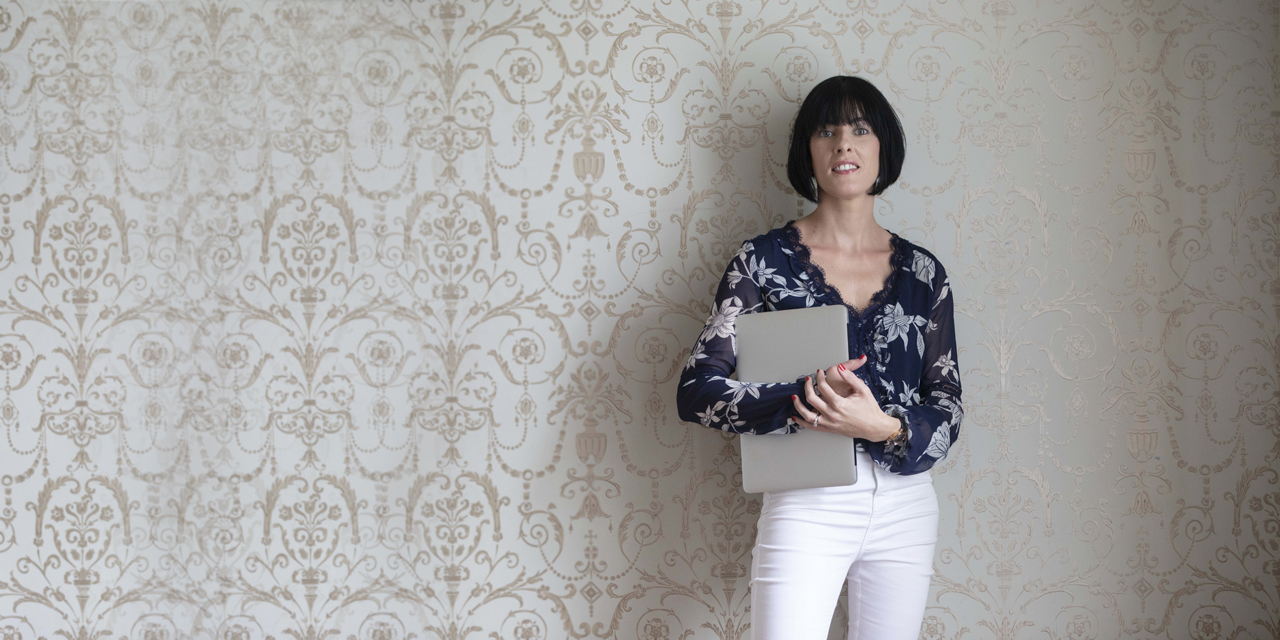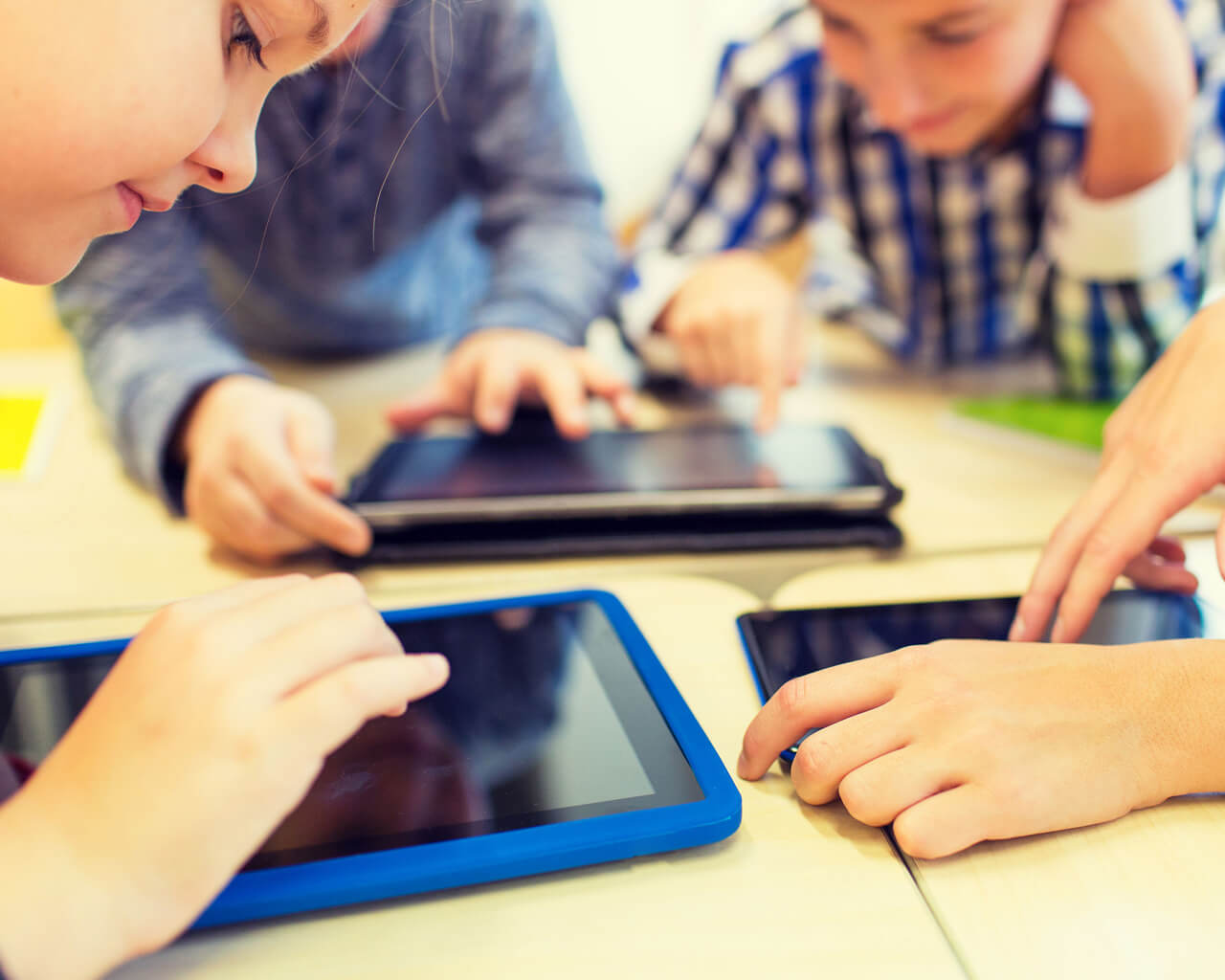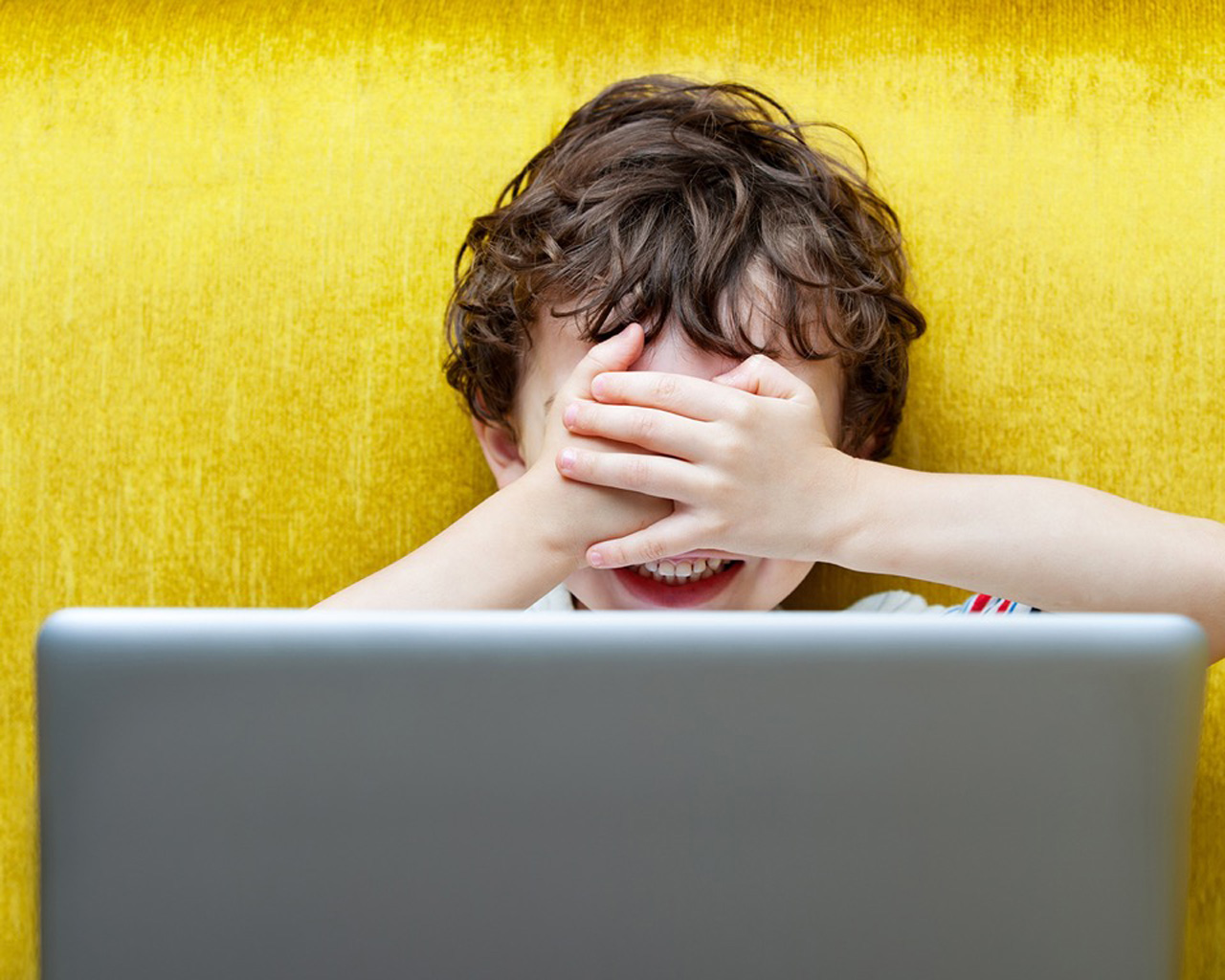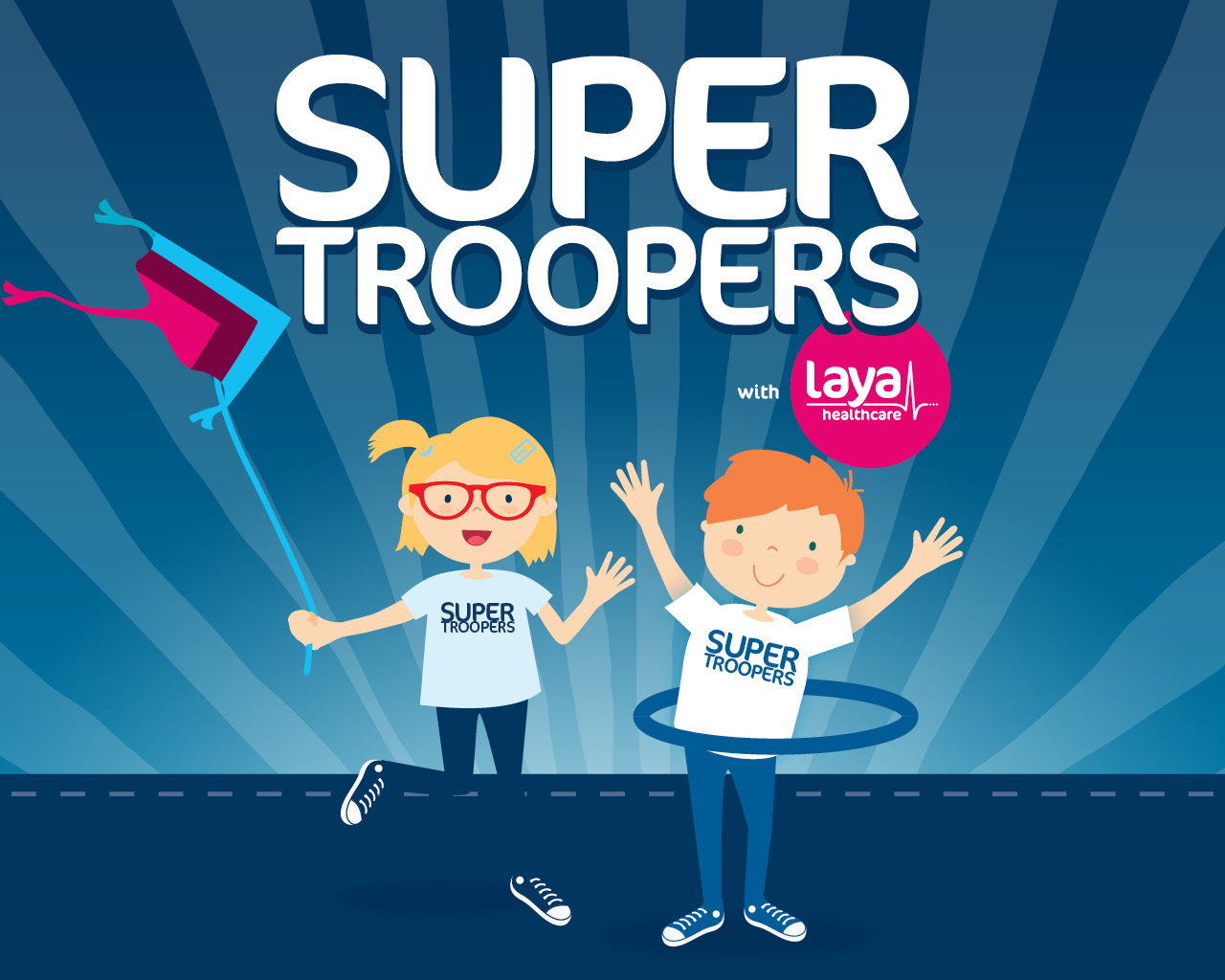Children, their Smartphones and sleep
From my experience in visiting schools across Ireland, the age of smartphone ownership is getting younger, with approx. 40-50% of children in 3rd and 4th classes and the majority of children in 5th and 6th classes now owning a smartphone. Huge pressure is placed on children, and thus their parents, to have a smartphone. They can be excluded, as they genuinely are “the only one” or one of the only ones who do not have a smartphone “we couldn’t invite her 'cos she’s not on Snapchat”. In an effort to remove the pressure, there has been a call to set a minimum age for smartphone ownership in Ireland at 14 years .
Appreciating the amazing benefits a phone can offer a child and a family, especially in terms of contact and safety, I do not believe that children at National School level should have sole ownership and unsupervised/unmonitored access to internet enabled devices. Parents should be responsible for the device, the parental controls, the anti-virus protections, the app downloads etc. In real-life, we do not start our child off with a 26 inch, 21 speed, high tech mountain bike. We spend time researching, what is safe, what is recommended as age appropriate, before we spend money. We get them an age appropriate bike, matched to their height, with stabilizers to protect them until they learn to balance. We spend time with them, teaching them how to cycle, pointing out the dangers and instilling safety advice. The same needs to be done when it comes to technology. We need to start our children off on devices that limit the risks, devices that have parental controls and restrictions in place. We need to spend time with them, talking about the amazing benefits of technology, but also the pitfalls and prepare them for situations they could be faced with. As they get older, we can begin to remove the stabilizers, helping them along the way to balance their technology use. I believe this should apply to all internet enabled devices and not just smartphones.
Smartphone usage in Bedrooms
Aside from debates around smartphone usage in schools and age of ownership, a key cause of concern for our children and young people is smartphone usage in bedrooms. Some of the most serious cases of cyber-bullying I have been made aware of have happened in the small hours, when children are on their own, unsupervised, ‘sleeping’.
The National Sleep Foundation has consistently demonstrated that having technology in your bedroom and/or using technology as a sleep aid, can interfere with the quality of sleep, the duration of sleep and daytime alertness. Yet I met children at National and Secondary school level who have bedrooms full of devices. Children commonly report using devices right up to bedtime and beyond, checking devices if they wake up during the night, and feeling sleepy during the school day.
Sleep is crucially important, not only for us as adults but also for our children and young people who are at crucial stages of development. With increased research focus on ‘sleep’ and ‘sleep deprivation’ we now know that if we do not get enough sleep it can affect mental health, weight, mood, memory, attention, empathy, the list goes on.
Finding from the National Assessments of English Reading and Mathematics have also demonstrated that high users of technology (based on the amount of time spent on the internet/playing computer games) had significantly lower mean scores than moderate users and those who don’t use the internet. Having a television in the bedroom and smartphone ownership were also strongly associated with achievement.
Regarding social media use (which is a main source of online activity for our children), research has demonstrated the following noteworthy findings
Adolescents who use social media more and at night, and those who were more emotionally invested in social media, experience poorer sleep quality, lower self-esteem and higher levels of anxiety and depression
Increased dependence on social media is associated with decreased sleep quality and cognitive functioning
1 in 5 young people admitchecking social media when they wake up during the night, resulting in feelings of increased tiredness and stress during the school day.
How can we ensure smartphones are not eating into our children’s sleep time?
- Have a bedtime routine, that does not involve interactive screen media (e.g. social media, gaming)
- Stop screen use for a least an hour, ideally 2 hours before bedtime. Set a time at which devices are turned in/turned off, so it is a ‘wind down’ before bed instead of a ‘wind up’
- Keep bedrooms screen free
- Purchase an alarm clock. Children tell me they need their phone in their room to check the time/set an alarm, but admit while checking the time, they also respond to notifications/messages/check social media etc.
- If your child is having difficulty getting to sleep, look at what may be affecting this. The Sleep Programme, an educational and preventative tool for addressing the issue of sleep deprivation in young people (12-14 years but relevant to all) teaches young people about sleep hygiene and provides support in addressing sleep difficulties.
- Model good practices when it comes to your own smartphone usage at night time
For more information on the importance of sleep and the effect it can have on our day to day functioning, check out RTE’s documentary ‘Awake: The Science of Sleep’
If you found this blog post interesting, you can download Maureen’s guide to cyber safety here







